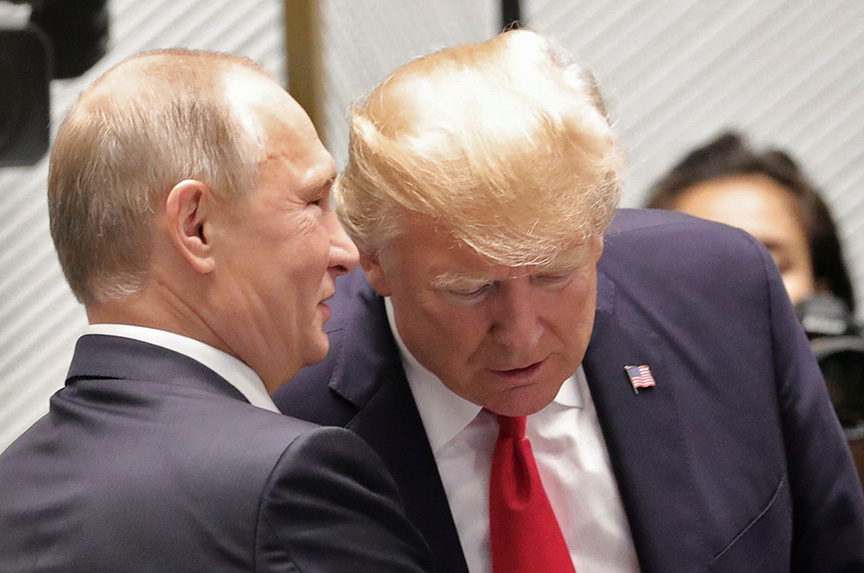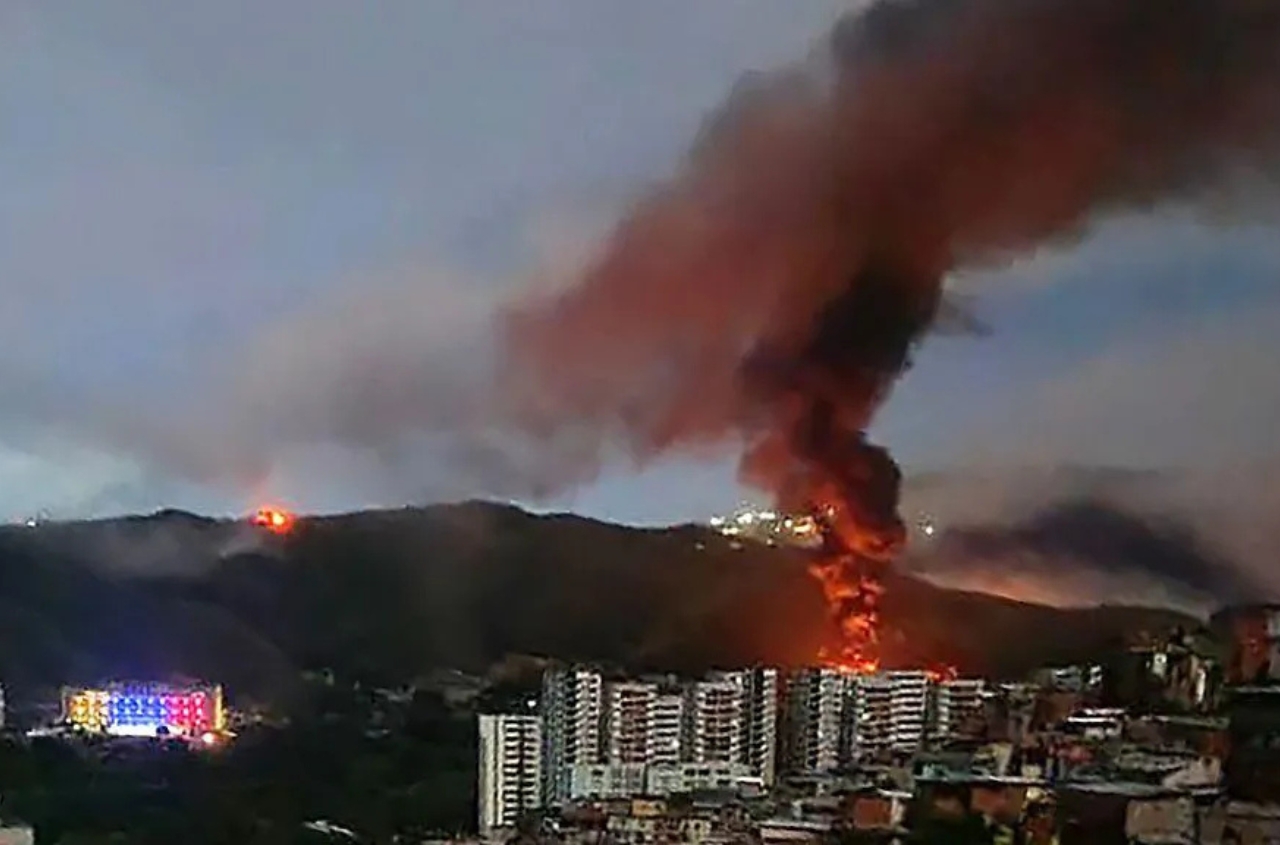There’s no point in extensively commenting on Trump’s conversation with Zelensky before that.
Putin repeated the same old mantras about “goals” and “root causes.” There are three weeks left before the Western summer break. Then everything will quiet down until early September. The likelihood of any revolutionary decisions is low, though it cannot be ruled out.
The Americans are locked in debates over the “beautiful big law.” The Russians are preparing the ground to promote their narrative about stopping mobilization in Ukraine.
As a consequence, they might provoke games around extending the martial law (currently until August 8). Nothing will come of it, but the buzzing will continue.
Meanwhile:
- Russia recognized the Islamic Emirate of Afghanistan. The Taliban are officially no longer terrorists. Not because they have changed, but because the context changed after Syria.
- The Russians are embodying Bulgakov in the smallest details.
In Rossiyskaya Gazeta (the most official outlet), an excellent article appeared by Mikhail Shvydkoy, former Russian Minister of Culture and now Putin’s special representative for international cultural cooperation.
Shvydkoy is a very clever and experienced man. His text is a model of political satire disguised as a policy proposal.
The essence: it makes sense to reinstate the institution of official censorship in Russia, i.e., to revive the once-remembered Glavlit, where “thousands of enlightened servants of the state” would determine what is allowed and what is forbidden in creativity.
The goal: as in the good old Soviet times (according to Shvydkoy), preventive censorship would protect cultural figures from punitive censorship. Well, that’s what he thinks.
Supposedly, this will help cleanse the atmosphere in the creative environment.
Because today it is unpredictable what written/filmed/produced content might become punishable tomorrow in Russia due to offenses against some suddenly acquired traditional value.
Shvydkoy writes directly: officials fear everything, so they forbid everything; the number of idiotic legislative initiatives, bans, and regulations has exceeded all conceivable limits.
Therefore, censorship must be preventive and carried out by competent, specially trained people—not by political rejects with the outlook of a stool.
Introducing preventive censorship as a safeguard against punitive censorship in order to protect creative individuals—that’s a very profound idea. And the beginning of a long road.
For example, for the protection of one risky population group, ghettos were once created. Purely for their own good. How that ended is well known. The Russians are going down the wrong but well-trodden path.




















